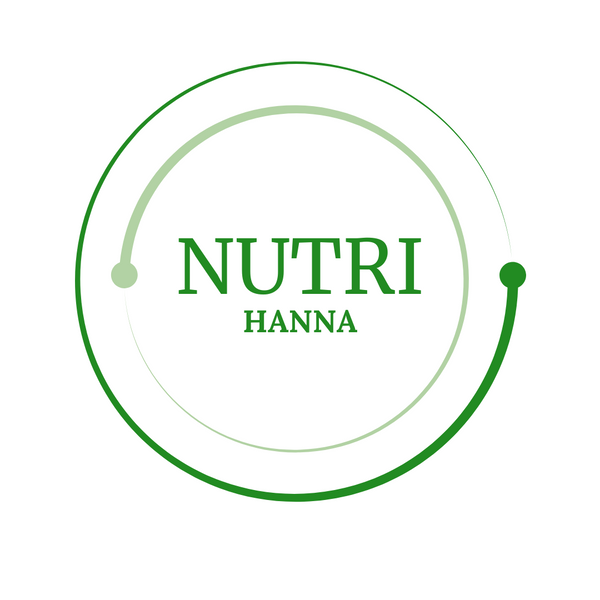
Preparing for Pregnancy as an Expat Woman in the Netherlands
Share
Moving to a new country is already a big transition. Adding the decision to start (or grow) a family makes it even more important to feel informed, supported, and confident. If you’re an expat in the Netherlands and planning for pregnancy, there are a few key steps you can take to give yourself and your future baby the best possible start.
All of these recommendations are based on guidelines from leading health authorities such as the World Health Organization (WHO), CDC, NHS, and the Dutch Ministry of Health.
1. Start with a Preconception Check-Up
Before trying to conceive, book an appointment with your huisarts (general practitioner). They can:
- Review your overall health and medical history
- Check your vaccination status (e.g., MMR, whooping cough, flu)
- Discuss any medications you’re currently taking
- Arrange blood tests if needed
This proactive step ensures that your body is ready and that any potential issues are addressed early.
2. Take Folic Acid (and Sometimes Vitamin D)
Health authorities consistently recommend that women planning pregnancy take 400 micrograms of folic acid daily starting at least one month before conception and continuing through the first trimester. Folic acid lowers the risk of neural tube defects in the baby.
In the Netherlands, doctors often also recommend 10 micrograms of vitamin D daily during pregnancy to support bone health and immunity. It’s worth discussing with your GP whether you should start supplementing before conception.
3. Build a Balanced, Sustainable Diet
Pregnancy is not the time for strict diets or dramatic restrictions. Instead, focus on variety and balance:
- Whole grains, fruits, and vegetables for fiber, vitamins, and minerals
- Protein-rich foods such as fish, eggs, legumes, and lean meat
- Healthy fats from nuts, seeds, and olive oil
- Limited processed foods, alcohol, and added sugars
If you’re not used to Dutch supermarkets yet, it can be tricky to navigate labels and find the right products. That’s where nutrition guidance can help simplify your choices and build confidence.
4. Maintain a Healthy Weight and Stay Active
Both underweight and overweight can affect fertility and pregnancy outcomes. The goal isn’t perfection — it’s creating healthy routines that support energy, hormone balance, and overall wellbeing.
Light-to-moderate activity such as walking, cycling (very Dutch!), yoga, or swimming helps regulate blood sugar, supports circulation, and builds endurance for the months ahead.
5. Support Mental and Emotional Health
The expat journey can sometimes feel lonely, and planning for pregnancy adds extra layers of stress and uncertainty. Building a support system — whether through local expat groups, prenatal classes, or professional counseling — can make a huge difference in your emotional resilience.
A Personal Note from Me
As both a nutrition coach and a mom of two, I can tell you that there are things I wish I had known before my pregnancies. One big one? Strengthening your core and back before conceiving.
Pregnancy places extra demand on these areas, and I learned firsthand how much easier life would have been if I had prepared my body in advance. A stronger foundation not only supports your growing belly but also helps with posture, reduces back pain, and makes recovery smoother.
Final Thoughts
Preparing for pregnancy as an expat in the Netherlands means combining evidence-based health recommendations with practical, everyday strategies that fit your lifestyle. A few intentional steps now — from supplements and balanced eating to fitness and emotional support — can set the stage for a healthier, more enjoyable pregnancy journey.
If you’d like guidance tailored to your needs as an expat, my coaching programs provide exactly that: clear, practical advice and ongoing support. Because no woman should have to figure this out alone.
